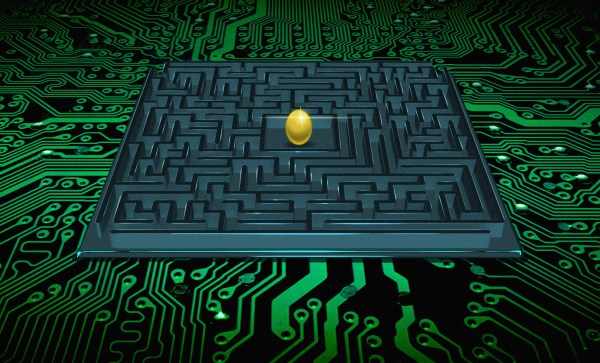The mid-1980s were a time of drastic change. In the United States, the Reagan era was winding down, the Cold War was heating up, and the IBM PC was the newest of newnesses. The comparatively few wires stitching together the larger university research centers around the world pulsed with a new heartbeat — the Internet Protocol (IP) — and while the World Wide Web was still a decade or so away, The Internet was a real place for a growing number of computer-savvy explorers and adventurers, ready to set sail on the virtual sea to explore and exploit this new frontier.
In 1986, having recently lost his research grant, astronomer Clifford Stoll was made a computer system admin with the wave of a hand by the management of Lawrence Berkeley Laboratory’s physics department. Commanded to go forth and administer, Stoll dove into what appeared to be a simple task for his first day on the job: investigating a 75-cent error in the computer account time charges. Little did he know that this six-bit overcharge would take over his life for the next six months and have this self-proclaimed Berkeley hippie rubbing shoulders with the FBI, the CIA, the NSA, and the German Bundeskriminalamt, all in pursuit of the source: a nest of black-hat hackers and a tangled web of international espionage.











